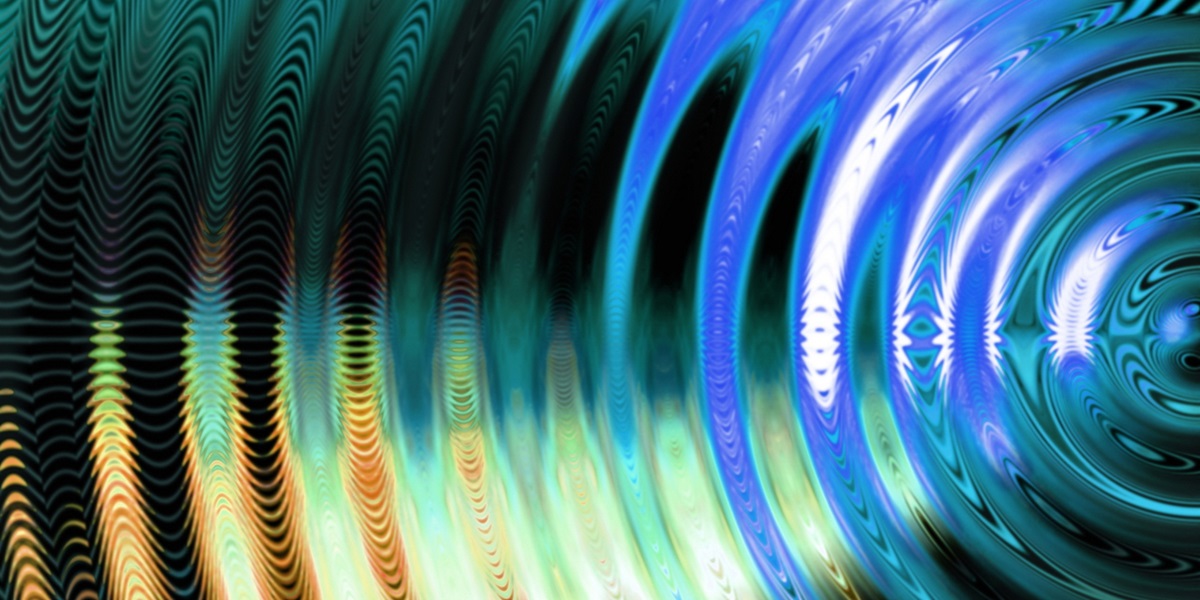
While he loved music-recording some of America's greatest folk songs by the likes of Pete Seeger and Lead Belly-Moses Asch was obsessed with capturing anything that qualified as sound.
The founder of Folkway Records believed auditory experience was the very tapestry of life. In addition to folk music from around the world, he recorded sounds as diverse as train whistles, typewriters, croaking frogs and the street life of London.
Asch later bequeathed his entire collection of recordings to the Smithsonian Institution, where it became Smithsonian Folkways, one of the most vital and valuable repositories of recorded sound on the planet. Before his death, Asch also donated a copy of the collection to the U of A, where his son Michael was an anthropologist. It was named the Moses and Frances Asch Collection of Folkways Records, under the auspices of what was later branded folkwaysAlive!
That brand has now been put out to pasture, mainly because it became difficult for both the Smithsonian Institution and the U of A to continue meeting its partnership obligations under the pressures of a rapidly changing music industry. But the collection and the research it inspired are anything but retired, said the director of a new research initiative called Sound Studies.
'It's about anything that is sound'
"It's a big change, because it is no longer just an ethnomusicology project-in fact no longer just about music," said Sound Studies director Mary Ingraham. "It's about anything that is sound, meaning anything relevant to our environments.
"It was a logical transition, because Moses Asch believed in the value of anything that is sound. So we found a connection that was a different kind of partnership-stronger for the U of A but one that would still honour the Smithsonian."
One of Ingraham's own projects involves helping the Aboriginal Multi-media Society of Alberta digitize and archive a large collection of interviews-testimonials from elders, traditional stories and legends-recorded for broadcast on reel-to-reel in the '70s and '80s.
Another cross-faculty project aims to solve a big problem in musicology that is also relevant to any field relying on sound data: how to search through huge collections of recorded music to find specific sounds-instruments or voices-and recognizing them even when surrounded by other noise in the mix. If sound is your primary data, you have to be able to identify it to use it.
Opening a window on digital soundscapes
To work out this problem, Canadian Centre for Ethnomusicology director Michael Frishkopf and his colleagues across faculties in linguistics, computing science and even biology will rely on what's called "deep learning"-teaching algorithms to mimic human decision making.